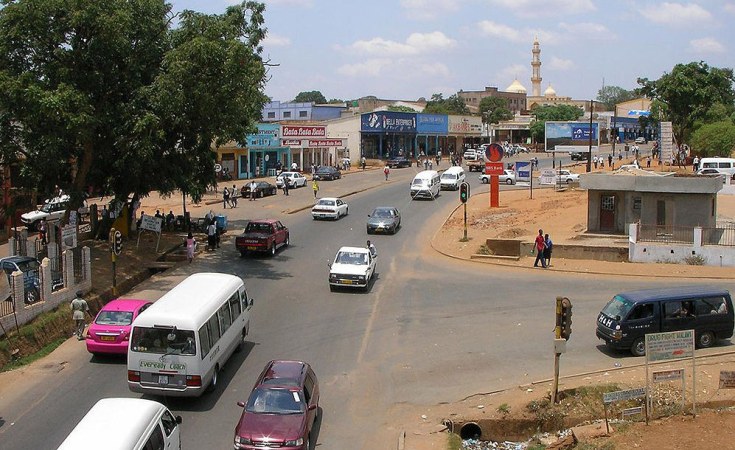Intimate partner violence starts early.
Around one in four girls aged between 15 and 19 worldwide have already been subjected to physical or sexual violence.
Girls who experience abuse in their childhood face increased and disproportionate levels of intimate partner violence later in life.
Pregnant and parenting girls are even more exposed to intimate partner violence due to their young age and vulnerability.
As social scientists with a special interest in the traumas faced by adolescent girls, we carried out research into intimate partner violence among pregnant and parenting adolescents in the Blantyre district in southern Malawi.
We found that two out of every five pregnant and parenting adolescents had experienced intimate partner violence.
Our results point to the need for interventions that focus on girls aged 17 or younger and those who engage in transactional sex. Interventions are also needed to make violence less socially acceptable.
Transition to adulthood
Sexual violence and child marriage were among the main reasons for early pregnancy among participants in the study.
Research shows the period during the transition to adulthood is when the majority of adolescents in low-income countries first encounter dating, sexuality and partnerships, often with older adolescents or adults.
It is also when lifelong patterns of violence and beliefs about acceptable intimate partner violence are formed.
Abuse in different forms
A demographic and health survey done in 2016 showed that almost a third of girls in Blantyre aged 15 and 19 were either pregnant or had given birth.
Our survey used questionnaires to interview 669 participants within 66 randomly selected rural and urban areas in and around Blantyre.
Participants eligible to take part were between 10 and 19 years old, had been pregnant at any stage of their lives, were pregnant at the time of the study, or had given birth.
We included girls as young as 10 because of evidence from clinic records suggesting that more and more younger girls were presenting with pregnancy in clinics.
We asked 15 questions focusing on physical, emotional and sexual abuse.
1.) Emotional abuse: questions focused on whether intimate partners had said something to humiliate, threaten to hurt or insult the participants.
This form of abuse was reported by 28.8% of interviewees.
2.) Physical abuse: questions focused on whether intimate partners had pushed, slapped, arm-twisted, punched, beaten up, choked or attacked participants with a weapon.
Of the participants 22.2% reported being attacked violently.
3.) Sexual violence: participants were asked if their intimate partners had grabbed or fondled them, attempted to force them to have sex or forced them to have sex or perform sexual acts against their will.
Sexual violence was reported by 17.4% of the girls.
Age, education level, sex for money
Forty percent of the girls reported having suffered some form of intimate partner violence.
Some other trends:
- Girls between the ages of 13 and 16 were much more likely to report exposure to violence than those aged 17 and older.
- Girls with secondary education were 70% more likely to report intimate partner violence compared those with primary or no education.
- Those who reported having exchanged sex for money, gifts or favours were more likely to experience intimate partner violence than those who did not.
Pregnant and parenting girls who believed it was culturally acceptable for wives to be beaten were more likely to talk about having experienced intimate partner violence. Qualitative studies done in Kenya show that these women equate being beaten as a sign of love and care.
Closing the gap in research
Studies on the experience of intimate partner violence among pregnant and parenting girls in Africa are scarce. This gap could result in issues affecting pregnant and parenting girls being neglected in policies and programmes.
Since these girls face a disproportionate level of intimate partner violence, there is a need for special policies and programmes to help them. These could included safe houses and awareness campaigns targeted at men and adolescent boys.
Health providers should screen pregnant and parenting adolescents for signs of intimate partner violence during antenatal and postnatal care. These victims should receive support from healthcare providers.
Malawi, like most African countries, has laws to hold perpetrators of violence accountable, but often victims are frightened to report abuse.
Survivors need greater support to increase safety and prevent further abuse.
Read more: Child marriage and domestic violence: what we found in 16 African countries
Anthony Idowu Ajayi, Research Scientist, African Population and Health Research Center
Elita Chamdimba, Research fellow, Centre for Social Research, University of Malawi


